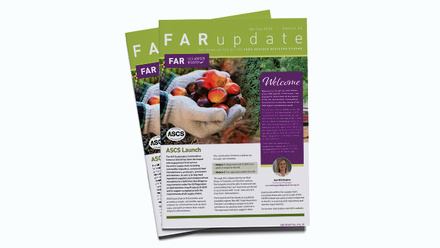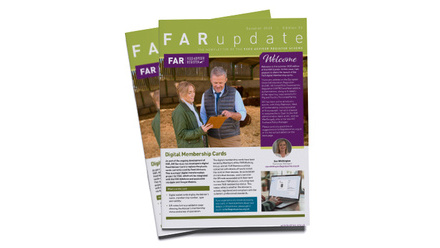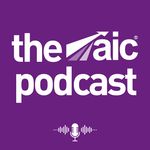FAR Case Study Pigs: Emma Slater, ForFarmers
David Moss
Key outcomes of feed advice
-
Reduced emissions
-
Improvement in growth
-
Increased welfare
Background and area of expertise
Emma graduated from Harper Adams with a BSc (Hons) degree in Agriculture with Animal Science. After graduating, she joined ForFarmers as a member of their formulation team. Her current role as Pig Technical and Commercial Advisor specialising in piglet performance covers the whole of the UK, working closely with the technical and commercial teams to optimise health and performance on customer’s farms.
Give an example of how your feed advice has made a measurable difference
The pig industry has been preparing for the banning of zinc oxide in pig diets which came into force in June 2022 preventing the use of therapeutic levels in piglet feeds. Even though VMD have authorised the continued use of veterinary licenced zinc that has been QP released up until their expiry (a maximum 24 months – June 2024), Emma has been working closely with the commercial team to support and prepare producers looking at shifting away or reducing their dependence on zinc oxide ahead of the ban. Part of this process has been focussing on taking a more holistic approach identifying key factors that can contribute to the use of zinc oxide on a farm.
Recently, Emma and the team have been working with a unit in Yorkshire (taking in 7kg weaners to finish) to remove zinc oxide from their starter diets. At the start of the process, the unit was using full rate zinc oxide in all three diets. By implementing diets designed specifically to optimise gut health, adjusting feeding quantities to meet nutritional requirements, the unit has now successfully removed zinc oxide whilst maintaining performance, health, and keeping antibiotic use to a minimum. Performance monitoring on this particular unit is currently ongoing, however, the producer has reported an improvement of 3kg at transfer in the last batch (40kg). In addition to this, the revision of their starter regime in order to remove zinc oxide has also resulted in a reduction in GHG emissions and Nitrogen excretion. The new regime has resulted in a reduction of 1.62kg of CO2 and 0.72 of N per piglet fed.
In addition to the reduction in emissions, the improvement in growth (+3kg at transfer out of the nursery) has also resulted in fewer days to slaughter (reported as -7 days by the producer). This in turn has improved unit efficiency, and thereby will have a positive impact on overall profitability of the unit when considering that feed costs will be equating to approximately 60% of overall production costs.
The advice provided on farm by the team also encompasses feeding management techniques. Examples include ensuring feeders are topped up before the piglets are weaned, additional troughs with access to fresh water and electrolytes are provided to reduce the risk of dehydration in newly weaned pigs and also ensuring feed changes occur over a couple of days. The focus is not only on ensuring good welfare for the piglets, but also on improving efficiency on farm.
What difference does FAR make to you and your customers?
FAR is a credible and recognisable qualification which ensures that the level of advice given to producers is always of a high standard. It also allows all of those involved in the industry to keep at the forefront of new developments and technologies which is increasingly important as the industry faces new challenges.
FAR ensures that those registered have a detailed understanding of all topics relevant to production, even if there has been less exposure to these challenges to date. A great example of this is the increasing focus on environmental sustainability and what we can do in order to not only communicate what, as an industry we are striving towards, but also how we can contribute to efficiencies at a farm level through feeding recommendations.







